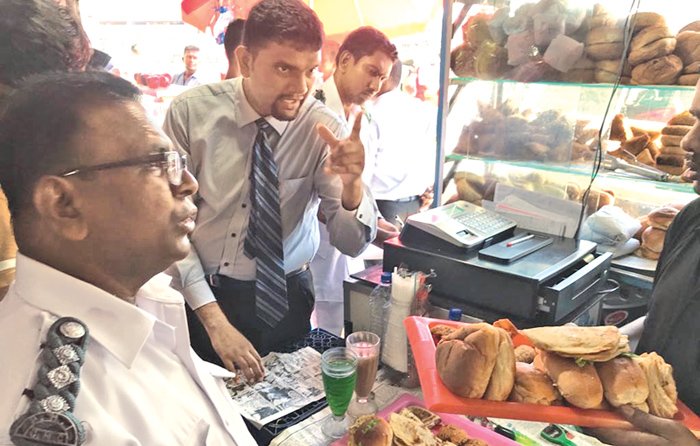
Food safety is a critical aspect of running a successful food business in Sri Lanka. With growing consumer awareness and stringent regulations, compliance with food safety standards is essential for protecting public health and maintaining your brand’s reputation. This article explores the key food safety regulations in Sri Lanka and what you need to do to comply.
Overview of Food Safety Regulations in Sri Lanka
Sri Lanka has implemented several regulations and standards to ensure food safety across the supply chain. Key regulatory bodies include:
- Sri Lanka Standards Institution (SLSI): Responsible for developing and enforcing food safety standards.
- Ministry of Health: Oversees public health and food safety through various departments.
- Consumer Affairs Authority (CAA): Monitors compliance and addresses consumer grievances.
Key Regulations and Standards
- HACCP (Hazard Analysis and Critical Control Points):
- A mandatory requirement for many food businesses in Sri Lanka.
- Focuses on identifying and mitigating potential hazards in food production.
- SLSI Standards:
- Covers a wide range of food products and processes.
- Ensures compliance with quality and safety benchmarks specific to Sri Lanka.
- Food Act No. 26 of 1980:
- The primary legal framework governing food safety in Sri Lanka.
- Prohibits the sale of unsafe or adulterated food and mandates proper labeling.
- Import and Export Regulations:
- Food items entering or leaving Sri Lanka must meet strict safety standards.
- Certification from SLSI or equivalent bodies may be required.
- Packaging and Labeling Requirements:
- All packaged foods must display accurate information, including ingredients, nutritional values, and expiration dates.
Steps to Ensure Compliance
- Understand the Regulations Familiarize yourself with the relevant laws and standards that apply to your business. Keep up-to-date with any amendments or new regulations.
- Implement a Food Safety Management System (FSMS) Adopt systems such as ISO 22000 or HACCP to streamline compliance and enhance food safety practices.
- Train Your Team Educate employees on food safety protocols, hygiene practices, and regulatory requirements. Continuous training is essential for maintaining standards.
- Conduct Regular Audits Internal and external audits help identify gaps in compliance and areas for improvement.
- Engage with Regulatory Authorities Collaborate with bodies like SLSI and the Ministry of Health for guidance and support.
Common Challenges and How to Overcome Them
- Keeping Up with Regulatory Changes:
- Stay informed through official channels and industry networks.
- Partner with consultants like SAFO Consultancy Pvt Ltd for expert guidance.
- Cost of Compliance:
- View compliance as an investment in your business’s long-term success.
- Seek financial assistance or grants if available.
- Employee Resistance:
- Highlight the benefits of compliance, such as job security and customer trust.
- Foster a culture of accountability and awareness.
How SAFO Consultancy Pvt Ltd Can Help
At SAFO Consultancy Pvt Ltd, we specialize in helping businesses navigate food safety regulations in Sri Lanka. Our services include:
- Developing and implementing FSMS tailored to your needs.
- Providing training on regulatory requirements and best practices.
- Conducting audits and facilitating certification processes.
With our expertise, you can achieve compliance and build a strong foundation for success.
